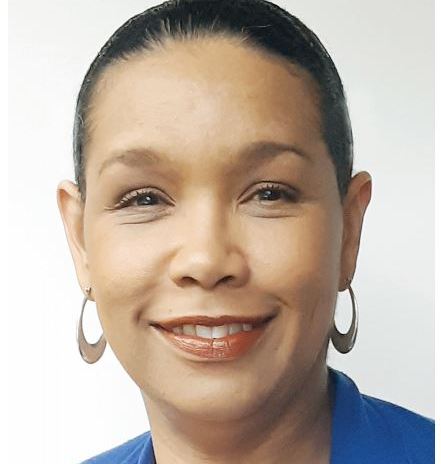[ad_1]
By Lisa Mitchell, Special to the AFRO
The Honorable Nathaniel R. Jones, May 13, 1926- January 26, 2020.
“Being a lawyer was my calling, and that calling is the work for equal opportunity and justice for all our nation’s citizens.” – Judge Nathaniel R. Jones
We lost an elder in our family of freedom fighters. I remember as a child, during holiday dinners, hearing my grandparents, Clarence Mitchell Jr. and Juanita Jackson Mitchell, both attorneys and the other adults talking about Judge Nathaniel Jones. They talked about Mrs. Mary McLeod Bethune, Dean Charles Hamilton Houston, Mrs. Daisy Bates, Justice Thurgood Marshall, Mr. Gloster Current, Drs. Martin Jenkins and Carl Murphy; Judges Joseph C. Howard, Solomon Baylor, Robert M. Bell and many others with such affection and respect that I thought they were talking about family members. I came to understand that Judge Nathaniel Jones, like the others the elders talked so fondly about, was a fellow freedom fighter in the struggle for human rights. After battling in freedom’s army alongside each other for decades, they became family.

After serving in World War II, Judge Jones received his undergraduate and law degrees at Youngstown State University through the G.I. Bill of Rights. He started his professional career as executive director of the Fair Employment Practices Commission of Youngstown, Ohio.
In 1961, he was nominated during the Kennedy Administration to Assistant U.S. Attorney, the Northern District of Ohio at Cleveland. He held that position until 1967, when he was appointed to serve as Assistant General Counsel to President Johnson’s National Advisory Commission on Civil Disorders, also known as the Kerner Commission, which studied the causes of the urban rebellions of the sixties. The Commission concluded, “Our nation is moving toward two societies, one Black, one White—separate and unequal.”
Judge Jones went on to serve as general counsel for the National Association for the Advancement of Colored People (NAACP) from 1969 until 1979, most notably successfully litigating northern school desegregation cases before the U.S. Supreme Court. Derrick Johnson, NAACP president and CEO, wrote, “To the nation, he was a civil rights icon. To the NAACP, he was a beloved leader, colleague and friend… His vision and skill in navigating civil rights cases through the courts soon after passage of major civil rights laws is legendary and a model for civil rights practice today.”
I remember a picture prominently displayed in my grandfather’s office of my grandfather and grandmother, Judge Jones, his wife and Supreme Court Chief Justice Warren Burger, taken at a reception for new federal judges appointed by President Jimmy Carter. Professor Denton Watson, author of “Lion in the Lobby, Clarence Mitchell Jr.’s Struggle for the Passage of Civil Rights Laws” put Judge Jones’ appointment and tenure as a judge on the United States Court of Appeals for the Sixth Circuit from 1979 to 2002 into context. Watson wrote, by opening wide the door of the federal judiciary, Carter, in Mitchell’s words became the first President “to change the federal bench from a predominantly white male body of jurists that, North and South, East and West is a cross section of America.” That contribution would “have untold constructive influences on the lives of our children and grandchildren.”
In the 1980s and 1990s, Judge Jones played another important role in furthering the abolition of apartheid in South Africa. He conferred with Nelson Mandela upon Mandela’s release from 27 years of imprisonment and consulted with the drafters of South Africa’s new constitution and laws.
“Answering the Call: An Autobiography on the Modern Struggle to End Racial Segregation in America,” was published in 2016 and Judge Jones founded The Call to Justice Foundation in 2017, to continue the next leg of the journey toward racial justice in the twenty-first century.
One fitting tribute to a man who dedicated his life to the cause of liberty and justice for all, was the 2003 opening of the Nathaniel R. Jones Federal Building and United States Courthouse in Youngstown, Ohio.
I send prayers and thanks to his family, on behalf of a grateful community for sharing him with us.
Lisa Mitchell Sennaar’s family, the Jackson/Mitchells of Maryland left their imprint on the Civil Rights Revolution of the 20th Century, founding and helping to build local and national organizations; also serving simultaneously in local, state and congressional elective office and the United Nations. Sennaar, whose career includes a decade in broadcast media, now works in state government, is married and the mother of two teenagers.
[ad_2]
Source link


